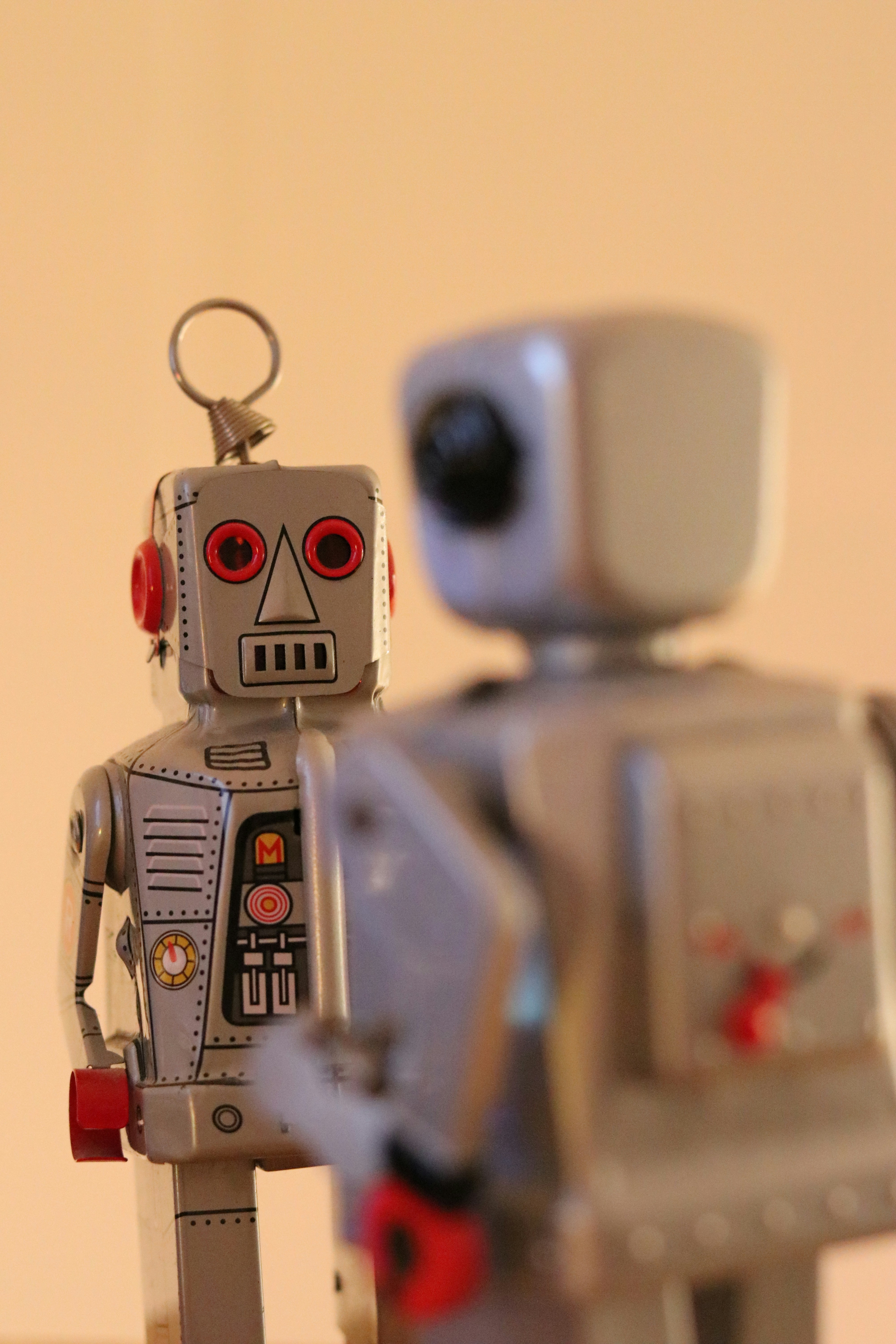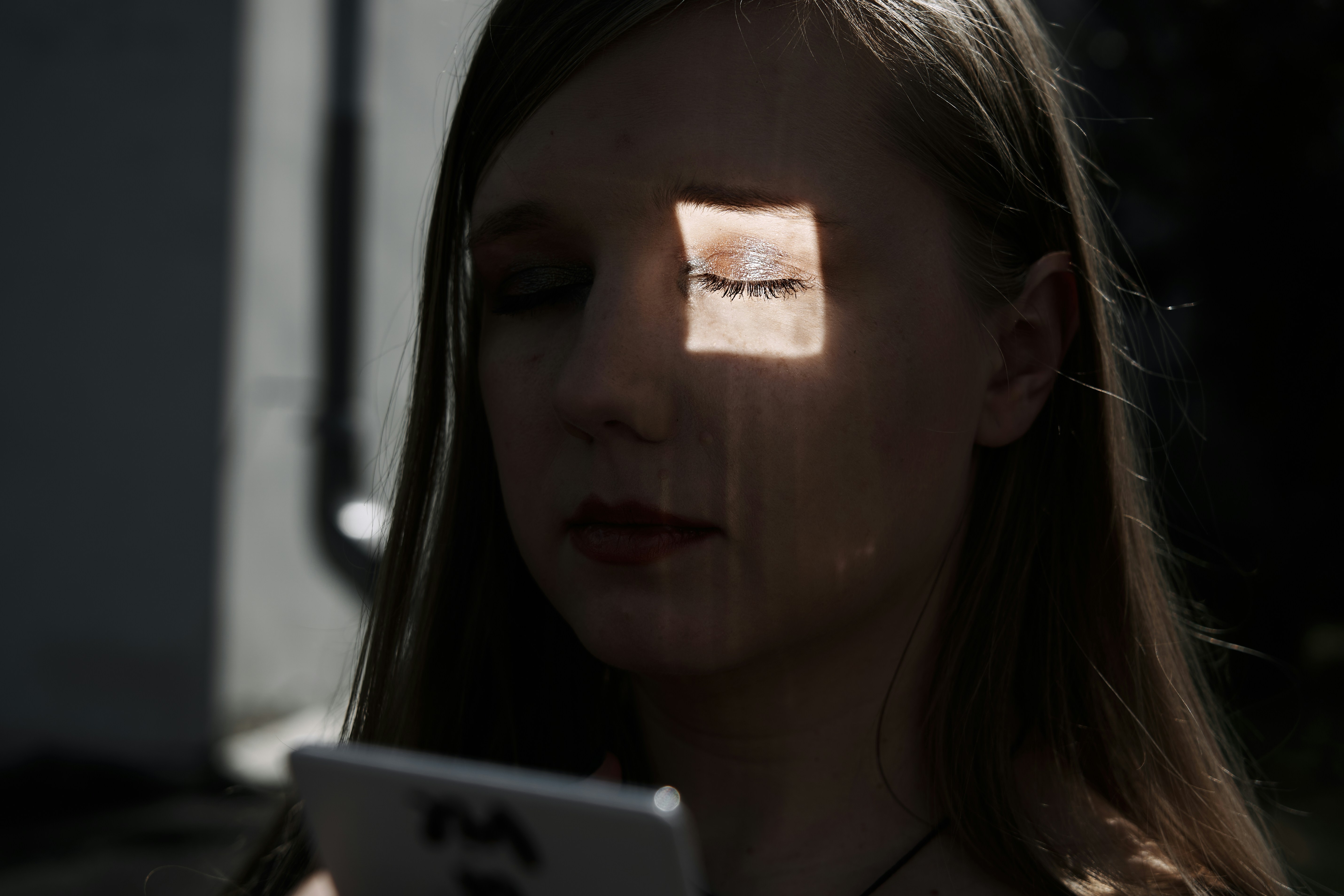The Erosion of Digital Privacy: Legal Challenges in Smart Homes
In today's rapidly evolving technological landscape, our homes are becoming smarter — and while this evolution holds incredible promise, it also unearths significant legal challenges regarding digital privacy and personal security. With smart home devices collecting vast amounts of data, homeowners face unprecedented liability risks. Understanding these implications is crucial as we navigate a future interwoven with technology. Let's delve into the complexities of digital privacy laws, the role of smart home technology, and what every homeowner needs to know about personal security and liability.
Understanding Digital Privacy in the Age of Smart Homes
The surge of smart home technology — from voice-activated assistants like Amazon's Alexa to smart locks and surveillance cameras — has transformed how we interact with our living spaces. However, as these devices gather data on everything from our daily routines to our conversation topics, they become potential vectors for privacy erosion.
This raises an important question: How much do we really know about the data these devices collect? Many users remain uninformed about the extent of data sharing that occurs when they install a new smart device in their home.
Data Collection and the Smart Home Ecosystem
Smart home devices typically operate as part of an interconnected ecosystem designed to enhance convenience. However, these devices aggregate and transmit data to manufacturers, often without explicit consent from users. This raises several legal concerns, such as:
-
Informed Consent: Users may not fully understand what data they are consenting to share. This has prompted discussions around informed consent laws and whether manufacturers are obligated to provide clear information.
-
Data Breaches: As hackers become increasingly sophisticated, the risk of data breaches escalates. The legal ramifications can be severe, leading to potential class action lawsuits against companies that fail to secure user data properly.
-
Liability for Data Misuse: If a smart home device unintentionally records private conversations or data, what legal liabilities arise for both the manufacturer and the homeowner?
For further insights on these issues, check out our article on the unseen legal consequences of virtual reality.
Legal Framework Governing Digital Privacy
The legal landscape surrounding digital privacy is still maturing. Yet, several key regulations shape how smart home technology operates:
The General Data Protection Regulation (GDPR)
The GDPR, implemented across the European Union, imposes strict guidelines on data handling and privacy, requiring companies to gain explicit consent before collecting user data. Although this regulation applies mainly to EU member states, it sets a global standard that many multinational companies adopt. As policymakers analyze digital privacy, attention is also drawn to similar emerging regulations in the U.S.
California Consumer Privacy Act (CCPA)

In the U.S., the CCPA grants California residents specific rights regarding their personal information. This includes the right to know about the data collected about them and the right to delete that data. This act is a step towards reinforcing consumer privacy rights amidst rapid technological advancements, emphasizing the need for transparency in data collection and usage.
The Role of Various Entities

Various entities play a part in the legal framework of smart home technology. From manufacturers to data brokers, each party faces the challenge of navigating liability concerns. Companies like Google and Amazon are heavily scrutinized for how they design their devices and the data policies they enforce. As responsible consumers, homeowners must remain vigilant about the implications of their choices.
Assessing Risks and Responsibilities of Smart Home Users

As users, homeowners hold a unique responsibility in protecting their digital privacy. It’s essential to consider several factors when integrating smart devices into their homes:
Device Selection

Research is imperative. Before purchasing any smart home device, consumers should examine the manufacturer's privacy policies, data management practices, and security measures. Reviews and recommendations from others may shed light on whether a device aligns with a homeowner's privacy standards.
Regular Software Updates
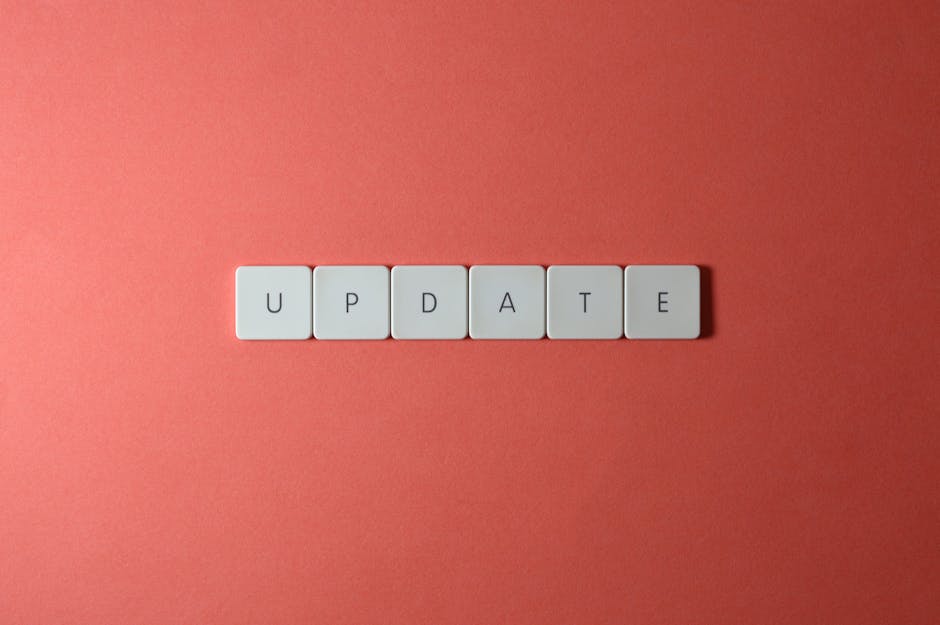
Manufacturers frequently issue updates to fix security vulnerabilities. Homeowners must regularly check for and install these updates. Failure to do so not only puts the homeowner at risk but may also result in potential liability if their device is used inappropriately.
Knowledge and Awareness

Education is crucial. Homeowners should familiarize themselves with the device's settings, including data collection options, user permissions, and how to deactivate certain features. This proactive approach empowers users to take control over their digital privacy.
Legal Recourse

Understanding one’s rights in the event of a data breach is vital. Victims of unauthorized data collection or hacking need to know the avenues for legal recourse, including how to pursue claims against manufacturers or institutions responsible for their digital privacy infringements.
For more information on navigating such legal challenges, refer to our article on digital pharmacies and legal compliance.
The Role of Liability in Digital Privacy

Liability becomes increasingly complex in a home equipped with smart technology. The central question often revolves around: Who is responsible when a smart device captures and disseminates private information?
Manufacturer Liability

Manufacturers could face liability for neglecting to inform customers about the extent to which their devices acquire and utilize data. If a data breach occurs due to a manufacturer’s negligence in securing data, they may be held accountable for resulting damages.
User Liability

Homeowners must likewise recognize their potential liability. For instance, if a smart home security system malfunctions and a breach occurs, leading to property theft or loss, the homeowner might face claims for failing to ensure adequate security measures.
Third-Party Interactions

Moreover, the interconnected nature of smart home devices can lead to legally tenuous situations. What happens if a device inadvertently records a neighbor's private conversation? Can the homeowner be held liable for data captured without consent when the technology was operating malfunctioning?
This complex interplay of liability raises more profound questions about privacy rights that manufacturers, users, and legal scholars must grapple with moving forward.
Embracing the Future of Smart Technology and Legal Awareness
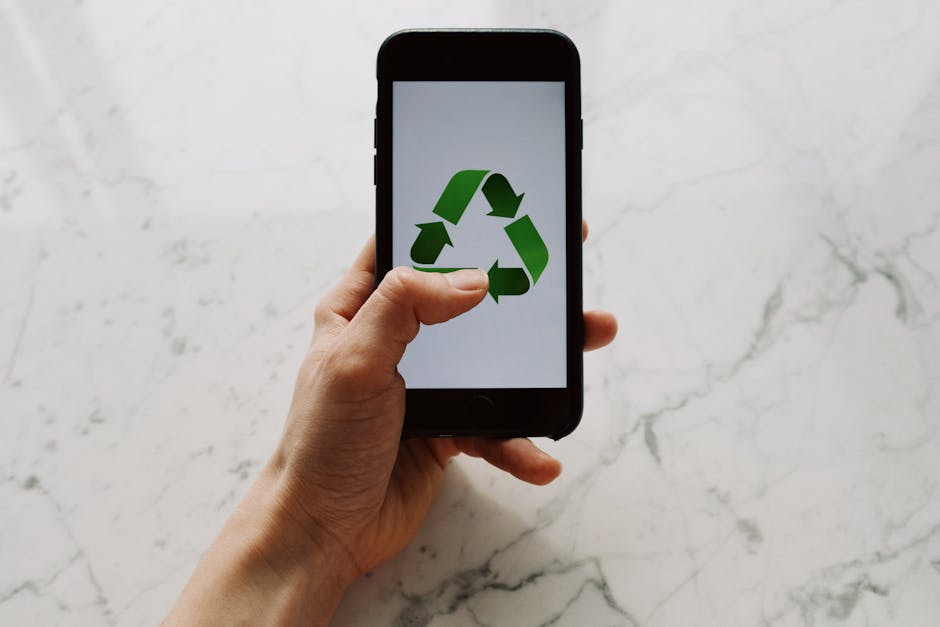
As we continue to embrace smart home technology, it becomes increasingly important for homeowners to remain informed about their digital privacy rights and responsibilities. Here are some steps to engage with this evolving landscape effectively:
Stay Updated on Legal Changes
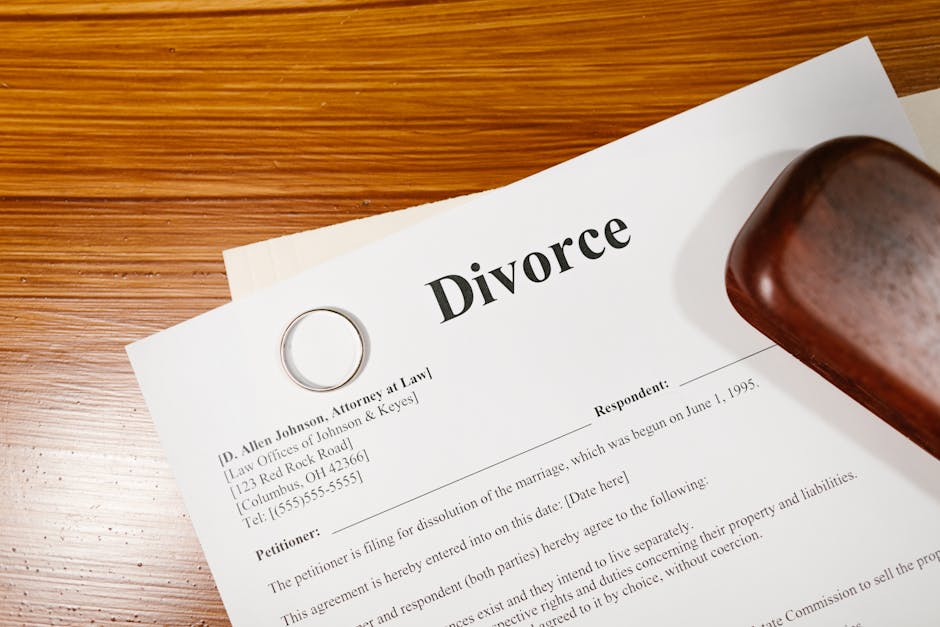
Laws and regulations regarding digital privacy are continually evolving. Staying abreast of changes within the legislative landscape can empower homeowners to make informed decisions about their smart technology.
Utilize Privacy Tools

Various applications and platforms can help users manage and monitor their devices, enhancing privacy protection. Tools that encrypt data and anonymize user information act as effective barriers against unauthorized access.
Be Part of the Conversation
Engagement in community discussions about digital privacy and smart technology is vital. Participating in forums, webinars, or local meetings can foster a broader understanding of shared experiences and legal implications.
Final Thoughts
The legal erosion of digital privacy stemming from the widespread adoption of smart home technology presents unique challenges for personal security and liability. As homeowners, we must navigate this uncharted territory with vigilant awareness of our rights, responsibilities, and the laws that shape our environments.
Ultimately, understanding the legal landscape and actively managing digital privacy can foster a safer and more secure smart home experience. Engaging in informed discussions and staying aware of technological advancements will empower you to enjoy the benefits of smart living while minimizing risks.
For those looking to delve deeper into these legal challenges, our comprehensive guide on the legal implications of AI-generated art can provide further insights into the broader context of digital rights and responsibilities.




